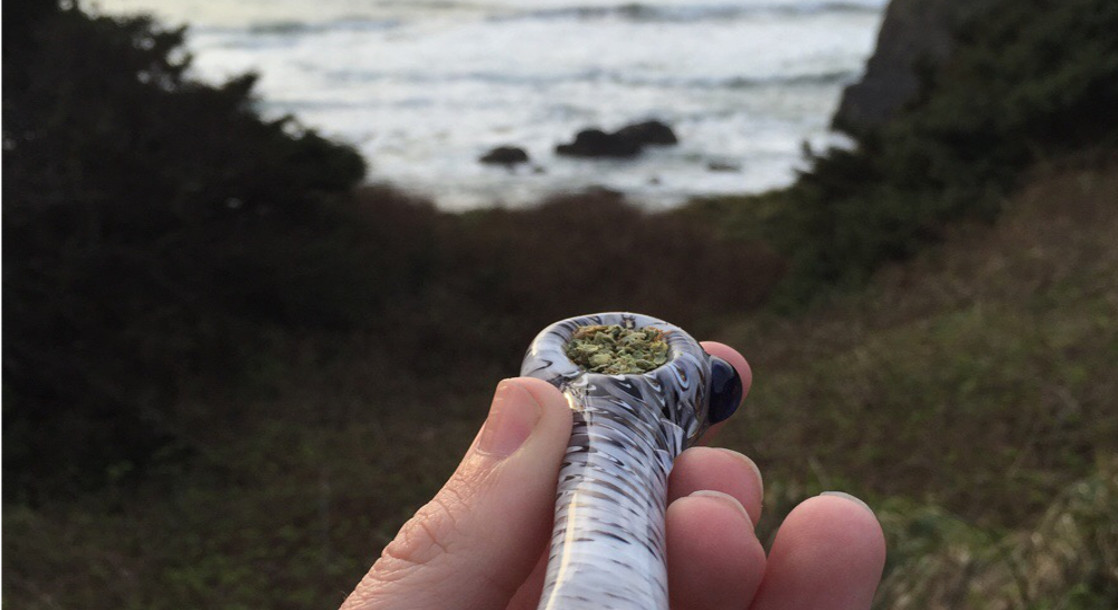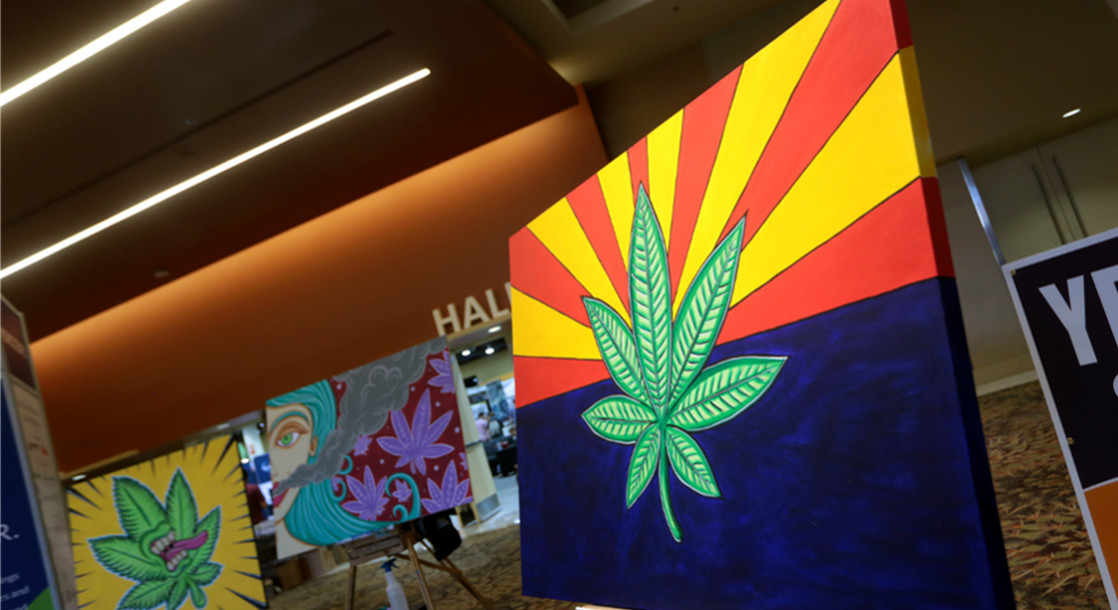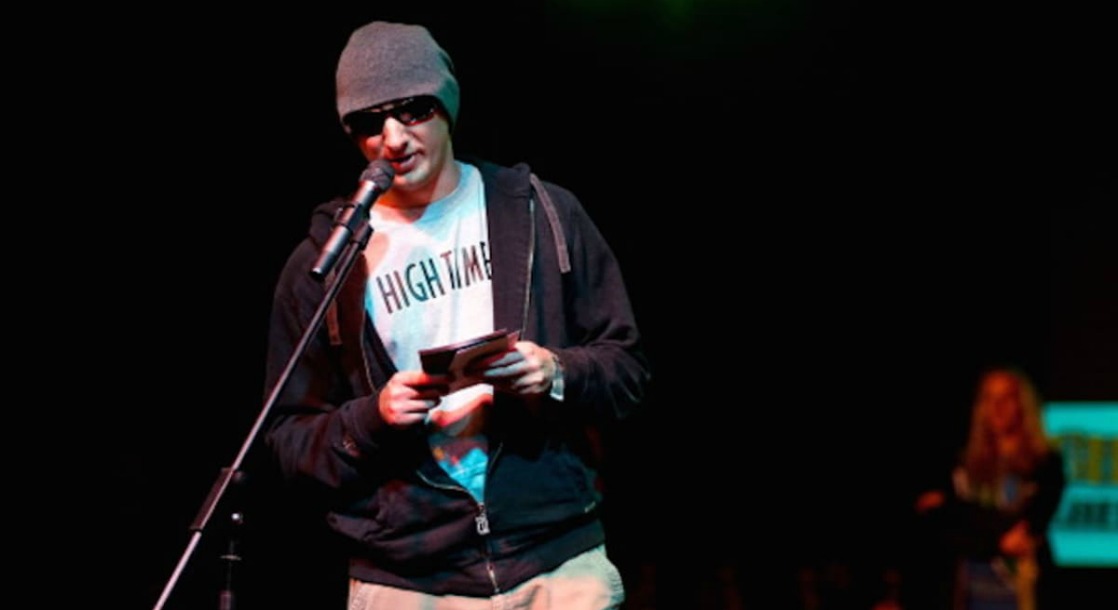Ever since being appointed Attorney General, Jeff Sessions has continually threatened to ramp up the war on drugs and crack down on canna-legal states. The Trump administration's Task Force on Crime Reduction and Public Safety is expected to eventually release a report that will attempt to link marijuana use to increases in violent crime. Earlier this year, Sessions said that “experts” were telling him that “there's more violence around marijuana than one would think.”
However, actual crime statistics do not support the government's claims that cannabis increases violence. Since 2012, when Washington residents voted to approve recreational marijuana, incidences of violent crime have been decreasing, not increasing. In 2011, before legalization, the FBI reported that there were 295.6 violent offenses per 100,000 Washington residents. In post-legalization 2015, that number decreased to 284.4 violent offenses per 100,000 people.
Data compiled by the Washington Association of Sheriffs and Police Chiefs showed that violent crimes decreased slightly from 3.6 violent offenses per 1,000 residents in 2012 to 3.3 per 1,000 in 2016. “In Washington state, I think it would be a strain to correlate violent crime with marijuana usage,” said Mitch Barker, executive director of the association. “I would struggle to believe that the legalization of marijuana or more legalization relates to violent crime — somebody would have to make that case to me.”
“As far as I’m aware there is no credible study linking violent crime and marijuana,” said state Represnetative David Sawyer. “I think what more people are realizing is violent crime is linked to keeping marijuana illegal. In general, legalization takes money out of the hands of criminals.” State Senator Ann Rivers, Senate GOP leader on marijuana policy, said that the bulk of the marijuana sales revenue that is now legally being collected by the state comes from “people who were supporting El Chapo or whoever before.”
Rivers believes that a full federal crackdown on all 29 states that have legalized cannabis in some form would be too costly and difficult for the federal government to pull off. However, Sawyer is more concerned about a federal crackdown. “I think it’s a very real possibility,” he said. “But we’re going to see what the administration chooses to do.”











